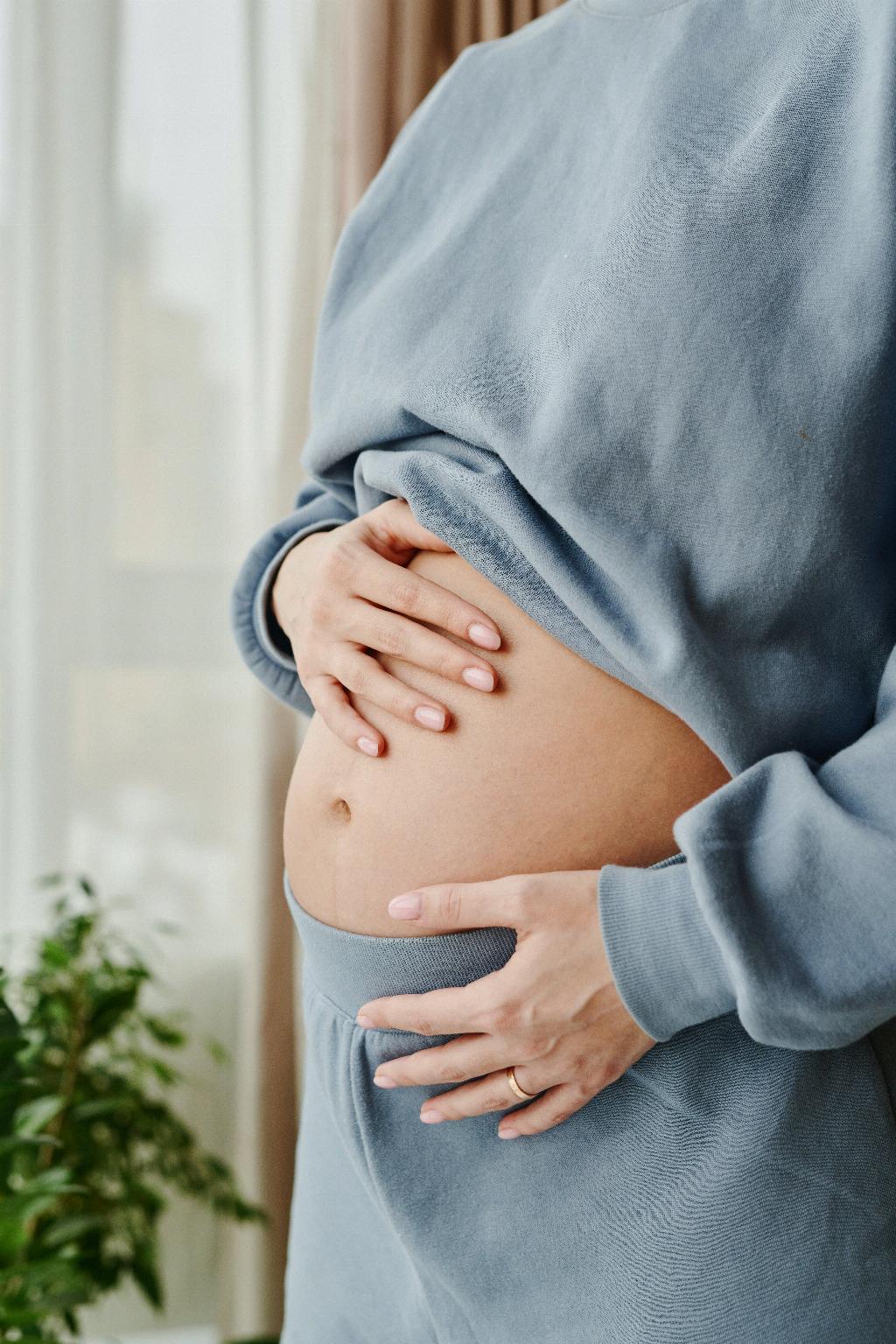One of the common symptoms that many pregnant women experience is morning sickness, which includes nausea and vomiting. This discomfort can vary from woman to woman, but it typically begins around 6 weeks into the pregnancy. It’s important to note that the severity of morning sickness can also vary, with some women feeling mildly nauseous while others may experience more intense vomiting episodes.
Research indicates that morning sickness tends to peak at around 9 weeks of pregnancy. This is the timeframe when many pregnant women find themselves struggling the most with nausea and vomiting. The good news is that for most women, the symptoms of morning sickness tend to improve as they progress into the second trimester of pregnancy.
Although the term “morning sickness” is commonly used, it can be misleading as these symptoms can occur at any time of the day. Some women may feel worse in the morning, while others may experience more discomfort in the afternoon or evening. It’s essential to listen to your body and identify when you tend to feel the most nauseous to better manage your symptoms.
If you are experiencing morning sickness, it’s essential to communicate this with your healthcare provider. They can offer guidance on how to alleviate your symptoms and ensure that you and your baby are healthy. Mild morning sickness is typically not harmful, but if it becomes severe and leads to dehydration, it’s crucial to seek medical attention.
It’s crucial to remember that each pregnancy is unique, and not all women will experience morning sickness in the same way. While some may find relief after the first trimester, others may continue to experience these symptoms throughout their entire pregnancy. Understanding your body and being proactive in managing your symptoms can help make this period more comfortable for you.
Various factors can contribute to the onset of morning sickness, including hormonal changes, stress, fatigue, and even certain foods or smells. Keeping track of your triggers and finding ways to avoid or manage them can significantly help in reducing the frequency and intensity of your nausea and vomiting episodes.
Aside from lifestyle adjustments, there are also medical interventions that your healthcare provider may recommend to help alleviate your morning sickness. These can range from over-the-counter remedies to prescription medications, depending on the severity of your symptoms and your overall health. It’s essential to consult with a healthcare professional before starting any treatment.
Support from your partner, family, and friends can also play a crucial role in helping you cope with morning sickness. Having a strong support system can provide emotional comfort and practical assistance during this challenging time. Don’t hesitate to lean on your loved ones for help when you need it.
While morning sickness can be challenging to deal with, it’s essential to stay positive and remember that this discomfort is often a temporary part of pregnancy. Keeping yourself hydrated, getting enough rest, and eating small, frequent meals can help manage your symptoms and make this period more manageable.
In conclusion, vomiting in pregnancy typically starts around 6 weeks and peaks at around 9 weeks. However, the duration and severity of morning sickness can vary from woman to woman. By staying proactive in managing your symptoms, seeking support from healthcare professionals and loved ones, and maintaining a positive mindset, you can navigate through this phase with greater ease and comfort.

